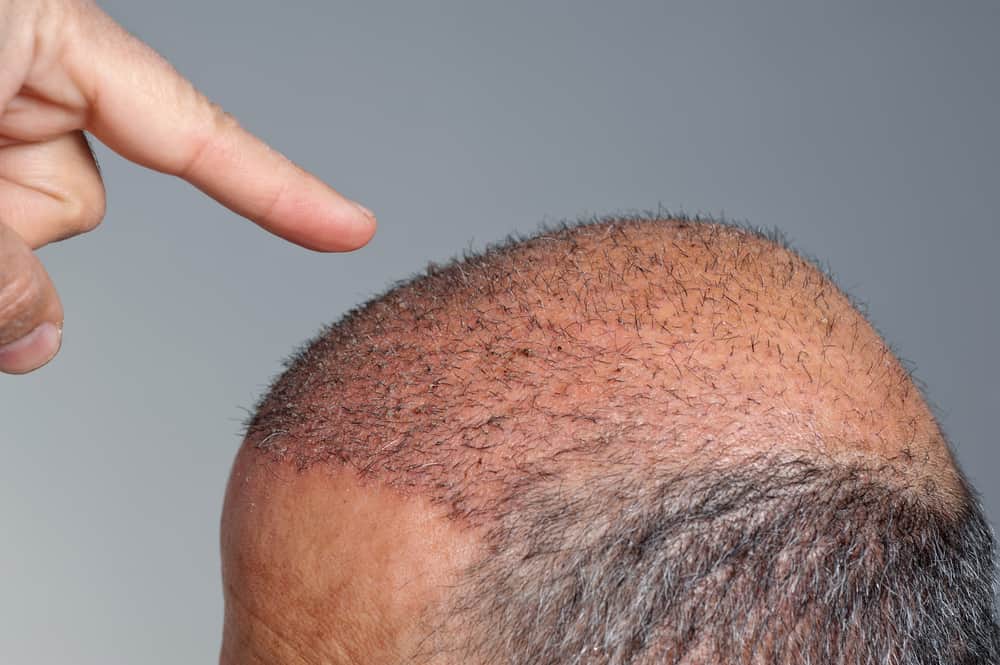Contents:
- Medical Video: What to Do if Depression Runs in Your Family
- Is it true that heredity can be a cause of depression?
- Actually, how does depression affect genes?
- Apart from offspring, there are still other factors that cause depression
Medical Video: What to Do if Depression Runs in Your Family
There are various causes of depression that can easily attack someone. Starting from experiencing a traumatic event, excessive consumption of drugs, to suffering from a serious chronic disease. But in addition, many studies link the causes of depression with heredity. Is that right?
Is it true that heredity can be a cause of depression?
Shizhong Han, Ph.D., a professor of psychiatry and behavioral science at Johns Hopkins Medicine argues that someone who has a family member with a history of depression is likely to be around 20-30 percent to get depressed.
The statement was reinforced by the existence of a study that examined how often depression experienced by twins can influence each other. The results showed that a pair of twins who were not identical tended to experience severe depression at a rate of 20 percent. Whereas in identical pairs of twins, those who have a very similar type of gene, experience depression at a higher level, which is up to 50 percent.
This condition is believed to be due to the effect of seeing the behavior of family members who suffer from depression. As reported by Healthline, when someone notices the behavior of family members who are depressed, then without realizing it he will also be more susceptible to experiencing depression because it seems like feeling the same.
Actually, how does depression affect genes?
Next, you might wonder how depression can affect genes in a family. In fact, so far it is known that depression is only felt by each person, aka it cannot be transmitted.
This is, the interactions carried out by family members who are depressed with those who do not, will make people who are not depressed become more "sensitive" to various things that trigger stress in their environment. That is why, when a person is more susceptible to stress, eventually he will also be easier to develop depression.
Uniquely, Michael J. Meaney, Ph.D., from McGill University tried to explore the mechanism of depression that originated from one's ancestry and environment. This research falls into the field of epigenetics, namely the study of processes in which the environment or externally is able to activate and deactivate genes, without changing the structure of genes in DNA.
According to Michael, there is a part of a person's brain that is sensitive to changes that occur in the surrounding environment. This activity in the part of the brain can then influence a person's feelings to direct him to depression.
Apart from offspring, there are still other factors that cause depression
Although heredity seems to have a considerable influence, it is not the biggest factor that causes depression. Dr. Wade Berrettini, Ph.D., a lecturer at the University of Pennsylvania's Parelman School of Medicine explained that to develop depression you must inherit dozens of gene variations from family members who have depression, and at least have to be in an environment that can trigger depression.
So, it can be said that genetics only accounts for about 40 percent of the causes of depression, while the remaining 60 percent is rooted in your environment and lifestyle.
Easily, various situations related to illness, job loss, loved one's death, pressure from coworkers, and other events can instantly change your mood, thus triggering an increase in stress hormones, and eventually developing into depression.
In addition, the habit of smoking and drinking alcoholic beverages can also affect the components of genes in the body, which will then lead to certain changes in the brain. Finally, this process will affect your mood, which leads to an attack of depression.














